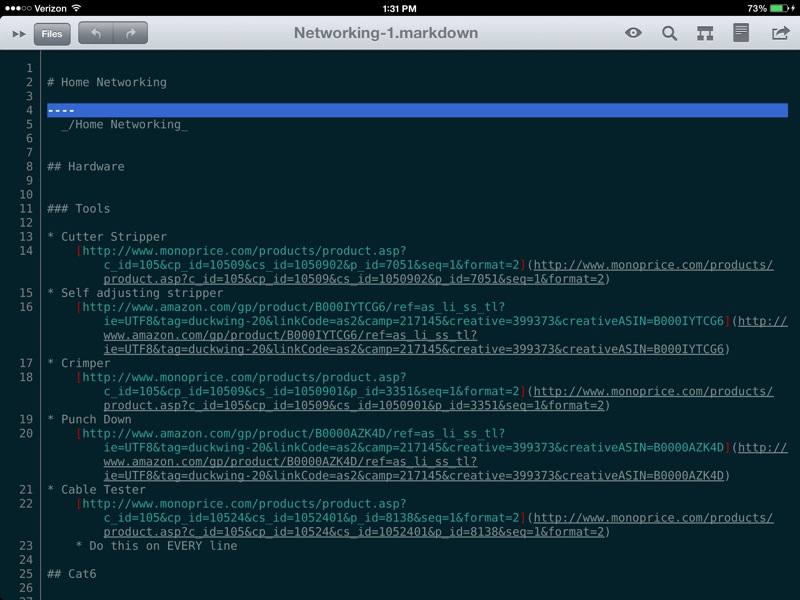

My first attempts to solve this were all unsatisfying. Teaching the compiler its default include path In file included from ClassOperatorHandler5Test.cpp:1: In file included from /usr/local/clang-11/include/c++/v1/string:504: In file included from /usr/local/clang-11/include/c++/v1/string_view:175: In file included from /usr/local/clang-11/include/c++/v1/_string:57: In file included from /usr/local/clang-11/include/c++/v1/algorithm:641: In file included from /usr/local/clang-11/include/c++/v1/cstring:60: /usr/local/clang-11/include/c++/v1/string.h:60:15: fatal error: 'string.h' file not found #include_next The current location of the system header files can be found with: Before Catalina, installing the Command Line Tools also installed /usr/include pointing to a directory inside XCode. Luckily, /usr/local still works, so no trouble for brew. Thanks to a new security measure /usr/include is no more on macOS since /usr is now a read-only partition. Apple's Clang version only comes to use when I develop apps for the macOS AppStore. One thing important to mention here, I use gcc as well as the latest Clang version.

After installing XCode again and the Command Line Tools, I was happy to compile some code.
#MYTHOUGHTS FOR MAC OSX DOWNLOAD#
It is able to download the files from Apple and creates an installer. I wanted an official version, not something distributed on the internet.
Various searches did not come up with a satisfying result. The issue here is that Apple no longer offers Catalina in the macOS AppStore. I did download it at the time but must have deleted it. The first barrier was getting macOS Catalina. Getting a macOS version that is no longer in the AppStore Last week I took this step and did it, assuming most issues are either solved or there are solutions out there on the internet. MacOS 10.15 alias Catalina is out since the end of 2019, but I usually wait a while before I upgrade.


 0 kommentar(er)
0 kommentar(er)
